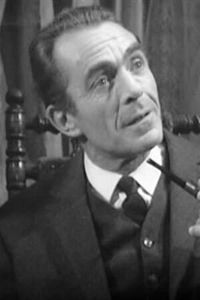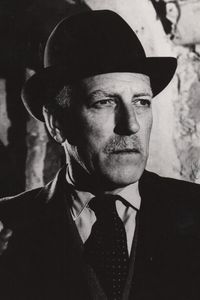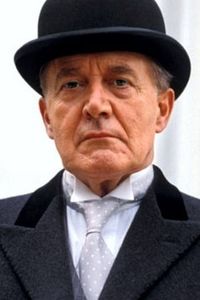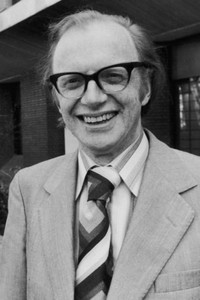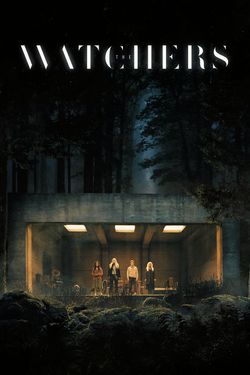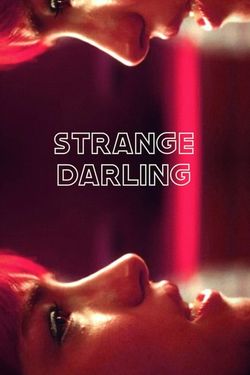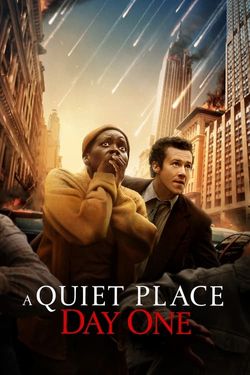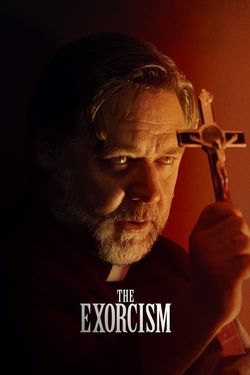Seven million people watched "Stand Up, Nigel Barton," and this audience increased to 8.75 million viewers when "Vote, Vote, Vote for Nigel Barton" was shown the following week (December 15, 1965). Dennis Potter ran in the 1964 General Election as a Labour Party candidate, and this experience was the springboard for the play. The political idealism of Oxford graduate Nigel Barton sets him campaigning as a Labour candidate, but he becomes disillusioned and disenchanted by empty political rhetoric, prompting him to speak his true thoughts. Potter added a sardonic sidebar by having politico Jack Hay speak a counterpoint commentary directly into the camera. The two plays were written in a reverse order from the sequence as aired. Commissioned by the BBC in the summer of 1964, "Vote, Vote, Vote for Nigel Barton," went before the cameras in April 1965 and was scheduled for June transmission. However, the play's political implications prompted the BBC to withdraw it on the scheduled air date. It was postponed for six months. During that time, Potter wrote the prequel, "Stand Up, Nigel Barton."
The Wednesday Play
Candidate Nigel Barton goes from idealism to cynicism as he becomes disillusioned and suspicious of hollow campaign promises.



